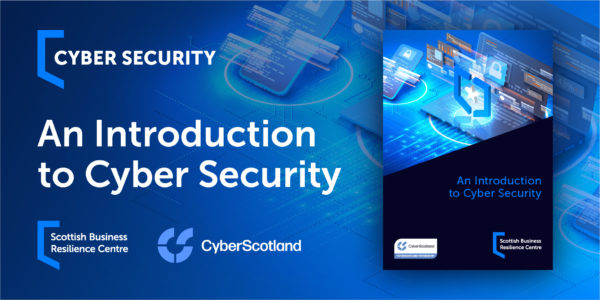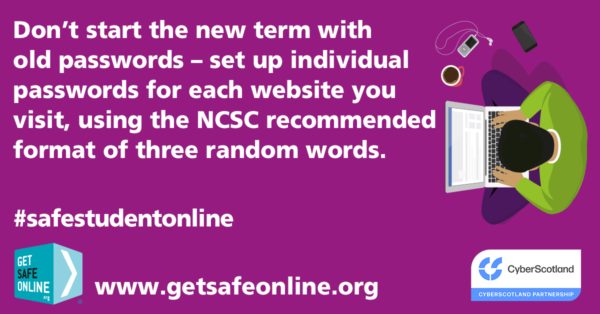Stay Diligent to Scams
It’s important to stay diligent to potential scams during times of heightened news and national incidents, such as the passing of HM Queen Elizabeth II.
As we have seen with events such as the COVID pandemic, Brexit, and the war in Ukraine, the news headlines can create opportunities for criminals to take advantage of that topic’s high profile. Cyber criminals can use these news events to create tailored phishing attempts or possibly share false or misleading information. This does not mean the phishing attacks need to be related directly to the news in question, but rather criminals abuse the fact that people are likely to be distracted and this interest or potential mixed messaging can make us vulnerable to scams.
Criminals have been seen attempting to exploit people that may be looking for ways to save money, due to the rising cost of living. They adjust their scams to trick their victims into sending them personal information and or money, by offering ‘too good to be true’ offers such as a discount on their energy bill.
Please be extra vigilant during this time to potential scams. Check out our blog for top tips for spotting the tell-tale signs of a phishing attack. Organisations should stay ahead of a potential threat and make sure the fundamentals of cyber security are in place to protect their devices, networks and systems. Be mindful that cyber criminals may try to take advantage when staff are out of office, for example during holiday periods or long weekends.











